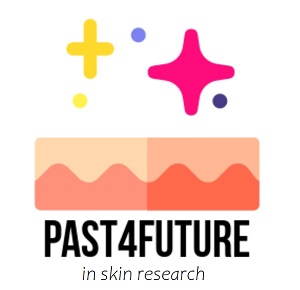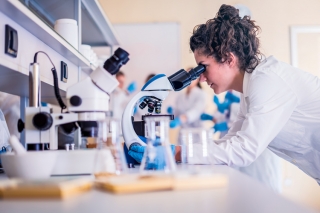

Platform for Alternative Skin Tests for sustainable FUTURE science (PAST4FUTURE)
CELLnTEC joins the PAST4FUTURE consortium to address organoids-based new research methods for skin diseases. Skin is the human body’s largest organ. Chronic, non-healing wounds are a significant problem for healthcare systems worldwide, accounting for 2–4% of healthcare budgets. Globally, at least 45 million people suffer from pigmentation disorders. Skin aging affects everybody.
Human skin models offer many opportunities for research into skin function, skin diseases and drug testing. They are scientifically and ethically indispensable. However, the application of these skin models in basic science is lagging behind, as standardised, commercially available skin models often do not appear to be suitable for specific issues and research budgets are not sufficient for the large-scale use of these costly humane measurement models. The platform aims to generate general, versatile, and sustainable materials and technologies and make them accessible to everyone. Robust protocols should lead to reproducible results being tested within the project in the four separate laboratories. The consortium will deploy universal cells from inexhaustible sources (stem cells and immortal cell lines) and besides other technologies, apply CRISPR Cas9 to edit the genetic material and study the effects of this in the tissue itself.
About the PAST4FUTURE consortium
The Platform for Alternative Skin Tests for sustainable Future science (PAST4FUTURE) is a 6-party consortium consisting of, besides CELLnTEC, Radboud University Medical Center, VU University Medical Center Amsterdam, Leiden University Medical Center, the Association of Dutch Burn Centres ADBC, and TropIQ Health.
Empowering researchers worldwide to replace experimental animals with organotypic models of human skin: